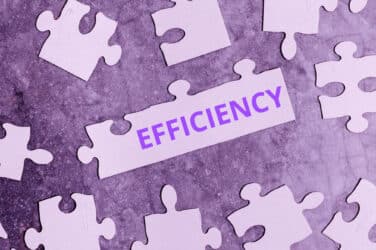
Regulations covering a small number of large financial counterparties could still capture the vast majority of over-the-counter derivatives activity according to analysis by the UK Financial Conduct Authority.
In a research note, How Emir data help regulators better understand the impact of policies, the UK regulator analysed a sample of UK derivatives data reported to trade repositories under the European Market Infrastructure Regulation, which covers central clearing.
According to the UK FCA 95% of all OTC market activity comes from a group of around 20 banks. https://t.co/n6jO43e64B
— John Kiff (@Kiffmeister) August 7, 2018
The European Union adopted Emir in 2012 following the G20 agreements to shift standard derivatives into central clearing and increase transparency after the global financial crisis. Emir mandated new reporting obligations, central clearing for standardised OTC derivative contracts, and subsequent margin requirements for derivatives that are not centrally cleared.
Based on the UK data sample, the FCA found that in the interest rate asset class, a clearing obligation covering 13.8% of active financial counterparties would cover 99.8% of aggregate activity. In credit, 17% of financial counterparties account for 98.8% of aggregate credit activity.
“The UK data sample we have analysed clearly shows that there is a case for exempting smaller financial counterparties from clearing without compromising the objectives of Emir, as the Commission has proposed,” said the FCA.
The regulator noted that during the Emir implementation, smaller participants raised concerns with regulators over their difficulties in accessing central clearing as extra costs led to banks pulling clearing services.
In response, the European Securities and Markets Authority postponed the implementation of the clearing obligation on the third category of firms to June next year. The European Commission has also more recently proposed to exempt smaller financial counterparties from clearing as part of the Emir review last year.
The FCA said: “This underlines the importance for regulatory authorities of using market and regulatory data for both making new policies and evaluating existing ones.”





